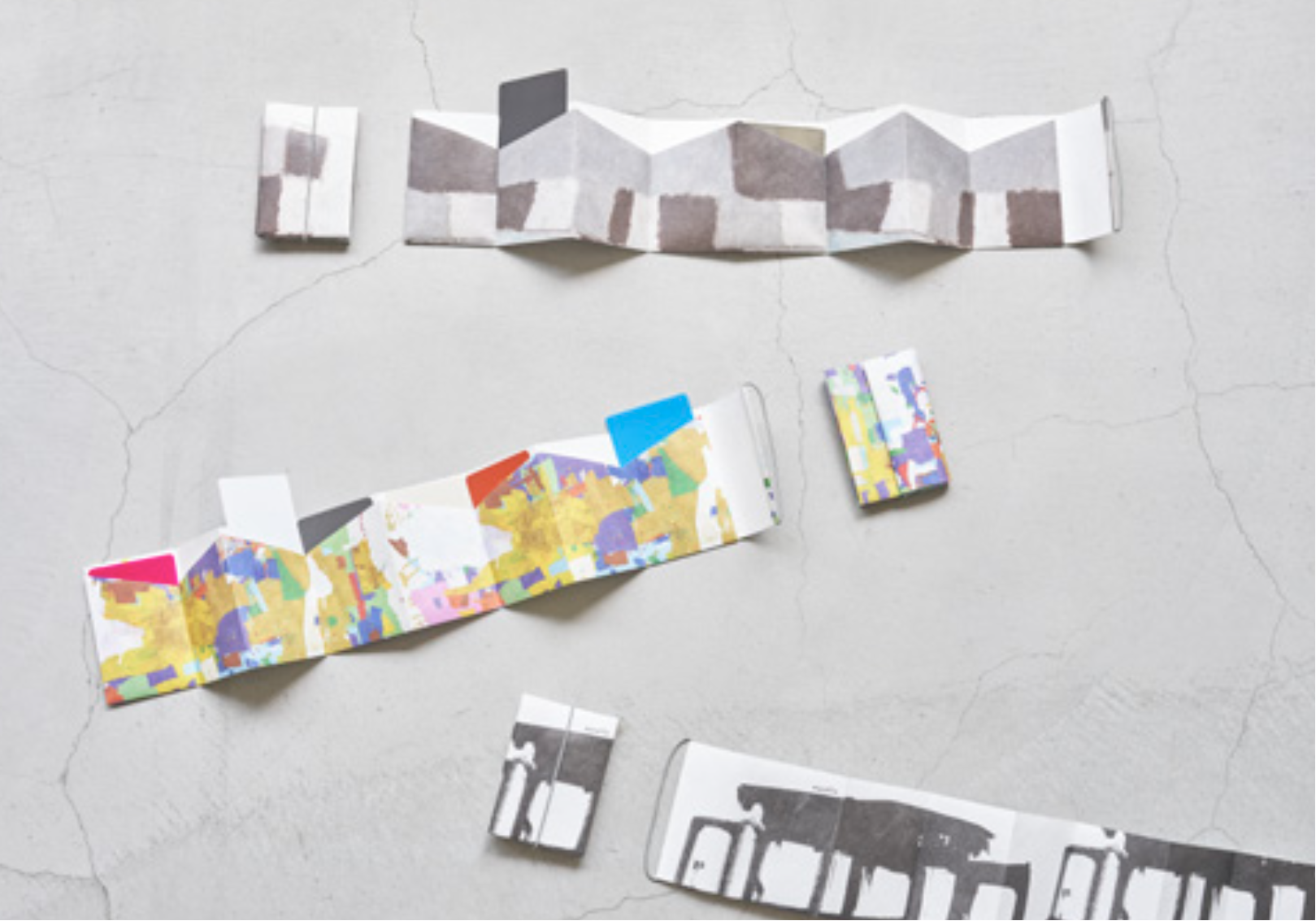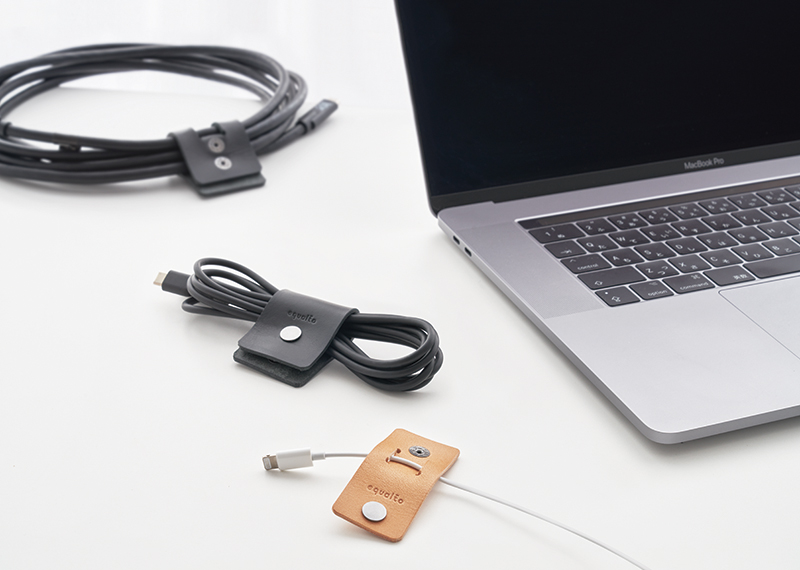Thoughts on equalto; Regional workshop hana
We would like to introduce the thoughts on “working” by the manufacturing facility.
We interviewed Tsutsui-san, director of “Regional workshop hana”, the NPO Community Works (Kisarazu, Chiba).
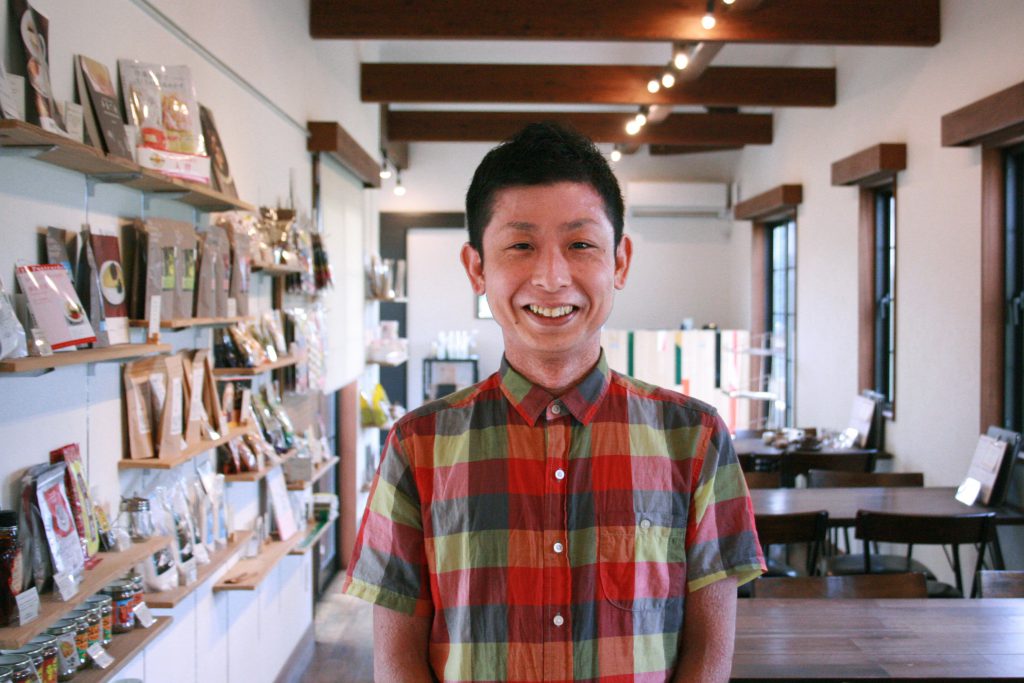
The regional workshop hana operates various businesses such as sewing, confectionary production, and café operation. What made you join equalto?
Tsutsui-san: When I was running a small cooperative workshop (around 2006), which was the predecessor of the regional workshop hana (hereafter hana), it was very hard to find jobs, and we sometimes accepted manual piece work order for less than one yen per unit. As the wages were several thousand yen per month at the best, I thought I couldn’t go on like this and researched what other welfare workplaces were doing. I learned that many of those earning high wages were making their own products, the prices they could decide themselves. After discussing with the staff at that time and trials and errors, we came up with the idea of manufacturing newspaper eco-bags made from used English newspapers.
Team staff: We can see them in some select shops. I visited the production site and was impressed by the very detailed work division.
Tsutsui-san: The design and production have been much improved since the time of product development. I had always wanted to manufacture our own products in the sewing department following the newspaper eco-bags, but it was difficult to design them with only welfare support staff, and even if we could make our own products, we did not have a sales channel…. While I was having these issues, I was introduced to equalto, and I thought it would be a good opportunity and applied.
Team staff: That is where the “Ohukuro,” amulet cover was born.

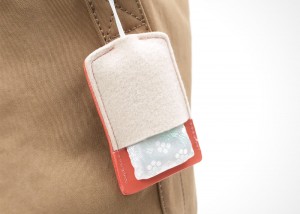
Are there any findings or changes that have come after participating in equalto?
Tsutsui-san: It is a matter of course, but I realized that “Ohukuro” is really made with a variety of suppliers, as we deal with different companies for everything from the purchase of leather as a material, processing, and packaging. It was the first time for me to be involved in the entire process from material procurement to the finished product, so it was a great learning experience. Also, through equalto, the users (facility users, people with disabilities) and our staff have become more aware of the quality of the products. For example, as “Ohukuro” has strict quality standards, we wear gloves when packaging, and after experiencing this, users are now able to point out even the slightest scratch or stain when handling other clients’ products. When you do a demanding job, you learn to notice the smallest details. Now we are able to get inspection jobs as well.
Team staff: “Ohukuro” is a product for which even the slightest deviation in sewing can be noticeable, so the quality control is very strict. I am glad to hear that this experience led you to a new job.
Please tell us about the users’ employment. How do you provide support for their skill development, etc.?
Tsutsui-san: First, we ask those who start using hana to draw a line on a piece of paper and cut along it with scissors to check their skills. We check their skills, such as their ability to draw straight lines, use scissors, and awareness of precision when assigning them to subsequent jobs. In terms of skill development, we encourage them to try and practice tasks that they have never experienced before when they have time, thereby increasing the number of tasks that each individual can perform.
Team staff: They are expanding what they can do at their own pace.
Tsutsui-san: For the users, hana is a transit point for their future employment. Once they get a job at a company, they won’t do the same work as at hana, so we rather emphasize the importance of practicing how to show up for work at the appointed time, how to work stably, how to communicate with coworkers, and how to report, contact, and consult with superiors. In any workplace, you meet someone you don’t get along with, don’t you (laugh)? How do you keep your distance from people in such situations? I want to make sure that no matter what company they work for in the future, they will be able to avoid troubles as much as possible, in other words, I want to make hana a place where they can learn how to deal with troubles when they arise. Even if you can’t do something at first, once you get into the habit of doing it, you will be able to master it.
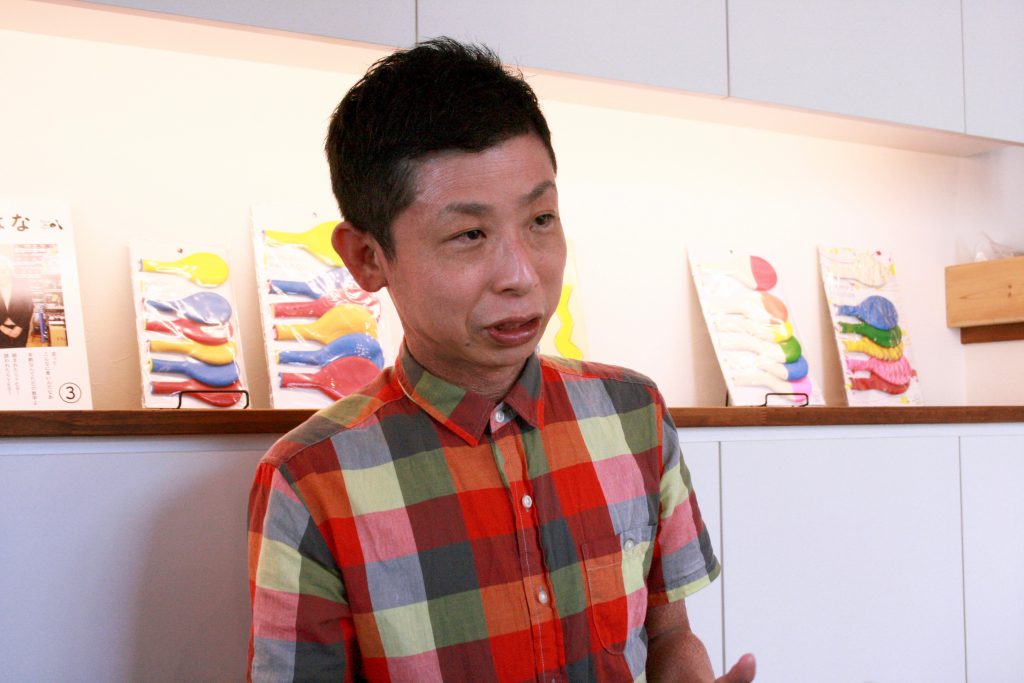
Team staff: At hana, 70% of the users are mentally challenged, so you support them in terms of communication and work attitude.
Is there a specific timing for facility users to find employment?
Tsutsui-san: It is up to each user’s timing. Some people visit Hello-work (Japan public employment security office) and find jobs on their own, while others are approached by specialized organizations that provide employment support for people with disabilities. Recently, the one who had worked in the confectionery department for a long time was hired as a temporary worker at city hall.
Team staff: You leave it to their own will and timing. I can see how hana supports the individual, respecting their thoughts while staying close to them.
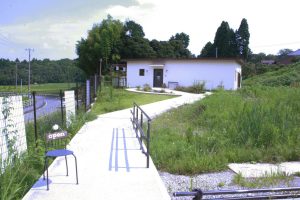
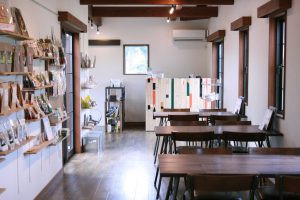
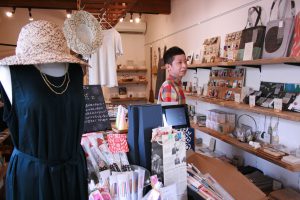
You mentioned that hana is a transit point, but it is also a place where they can keep working?
Tsutsui-san: Yes, but since we have not yet been able to pay them the minimum wages, we are not on a level playing field with the general workforce to begin with. Some of the users say they want to work at a place that pays well, even if the work is hard. It is natural for them to feel that way for sure. It is their life, so we have no right to stop them; however, in some cases, in the workplace too tough, their condition may worsen. That is why we will try to make our workplace where wages are comparable to those at others, so that users can compare us not by the wages, but by the nature of the work and environment. We will continue to increase sales and strive to become a workplace that can pay minimum wages.
Team staff: Aiming to improve wages, on the same playing field as ordinary workplaces; I felt passion and enthusiasm. equalto would like to put more effort into further developing sales channels and new products. Let’s make it happen together!
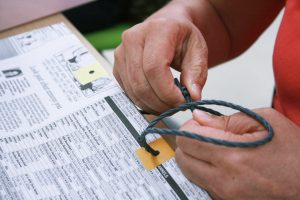
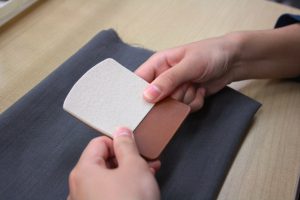
Keisuke Tsutsui (Chairperson, NPO Community Works)
Born in 1980, Kanagawa
2006 and have been operating “Regional workshop hana.” In 2010, the workshop shifted to Type B continuous employment support service. Currently about 20 people with disabilities commute to the workshop per day. They are engaged in making eco-bags out of used English newspapers, confectionery, sewing, and craftsmanship..http://hana-work.net/
In 2015, he opened “hanahaco,” a multifunctional workplace providing daily living care and continuous employment support type B service. It is a café and shop as a place for people with disabilities to work.http://hanahaco.com/
Favorite: Tomato juice










